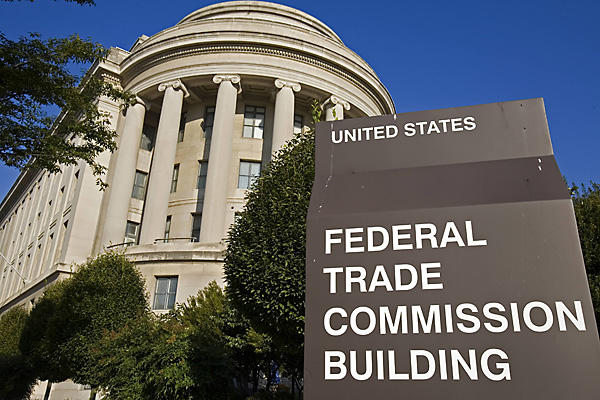
Ten consumer and privacy groups are urging Congress to
limit the way online information can be used for advertising and
profiling.
A coalition of ten consumer and privacy groups on Tuesday urged Congress to draft new legislation
to preserve consumer privacy online by limiting behavioral advertising
and establishing new ground rules for information collection and use.
The groups — Center for Digital Democracy, Consumer Federation of
America, Consumers Union, Consumer Watchdog, Electronic Frontier
Foundation, Privacy Lives, Privacy Rights Clearinghouse, Privacy Times,
U.S. Public Interest Research Group, and The World Privacy Forum — have prepared a 13 page legislative primer spelling out proposed limitations to behavioral advertising.
The recommended changes include: protection for information that isn’t
necessarily "personally identifiable information"; a prohibition on the
use of sensitive information related to health, finances, ethnicity,
race, sexual orientation, personal relationships and political activity
in behavioral tracking; a ban on behavioral data collection on
children; a requirement that data collected for one purpose cannot be
used for another without explicit consent; data security guarantees;
and a consumer right to see, review, and correct stored data, among
other suggestions.
The coalition expects members of Congress to draft a bill this
fall that redefines fair information practices in light of the way data
is currently collected.
The move comes two months after a coalition of advertising
trade groups, perhaps sensing increased Congressional willingness to
legislate, declared a set of seven self-regulatory principles to
protect consumers from behavioral advertising.
The principles call for industry educational outreach, transparent data
collection practices and disclosures, consumer control over collected
data, reasonable security and limited data retention, obtaining consent
when policies change, heightened protection for data regarding
children, health, and finances, and advertiser accountability.
Self-regulation is generally preferred by companies to government
regulation because compliance with industry rules is typically less
costly and less restrictive of potential business models than compliance with government requirements.
But John Simpson, a project director at Consumer Watchdog, on a media
conference call about the privacy coalition proposal, said, "In almost
any industry, self-regulation does not work. We’ve seen it in the
capital markets and we’ve seen it online."
Behavioral advertising has long been a topic of concern among
legislators, though the issue has become more pressing since March when
Google began testing what it calls "interest-based advertising."
Behavioral advertising uses data gathered from consumers’ online
activities, sometimes in conjunction with other data, to determine
consumer interests and to present ads that cater to those interests.
Such advertising tends to command a premium because ads tailored to
viewer interests tend to perform better than ads placed with no regard
to what consumers care about.
Google
has acknowledged that advertising that makes use of behavioral data
presents a challenging policy issue. "On the one hand, well-tailored
ads benefit consumers, advertisers, and publishers alike," said Nicole
Wong, Google’s deputy general counsel, in a blog
post in March. "On the other hand, the industry has long struggled with
how to deliver relevant ads while respecting users’ privacy."
"We welcome the dialogue and are supportive of greater
transparency and choice for users," said Google spokesperson Christine
Chen, noting that Google couldn’t comment on specifics until more
details about possible legislation became clear.
While Google may be the most high profile practitioner of
behavioral advertising, it’s companies that have pushed the privacy
envelope with more controversial practices, like NebuAd and Phorm, that
concern consumer groups the most.
A major goal of the privacy and consumer groups is to bring
more transparency to online information collection and use, because
much of what is done with consumer data is not disclosed.
On the media conference call, the representatives of the
various privacy and consumer groups stressed that this isn’t about
killing behavioral advertising but safeguarding consumers against real
and ongoing harms that are a consequence of the absence of privacy.
"The basic idea behind all of these documents is we want consumers to
be able to take advantage of all of these technologies without these
technologies taking advantage of the consumers," said Pam Dixon,
executive director of the World Privacy Forum. "And right now that
balance is not there."
"Consumer privacy can be protected while we get to enjoy the
benefits of the digital marketplace," insisted Amina Fazlullah,
legislative counsel of U.S. Public Interest Research Group.
